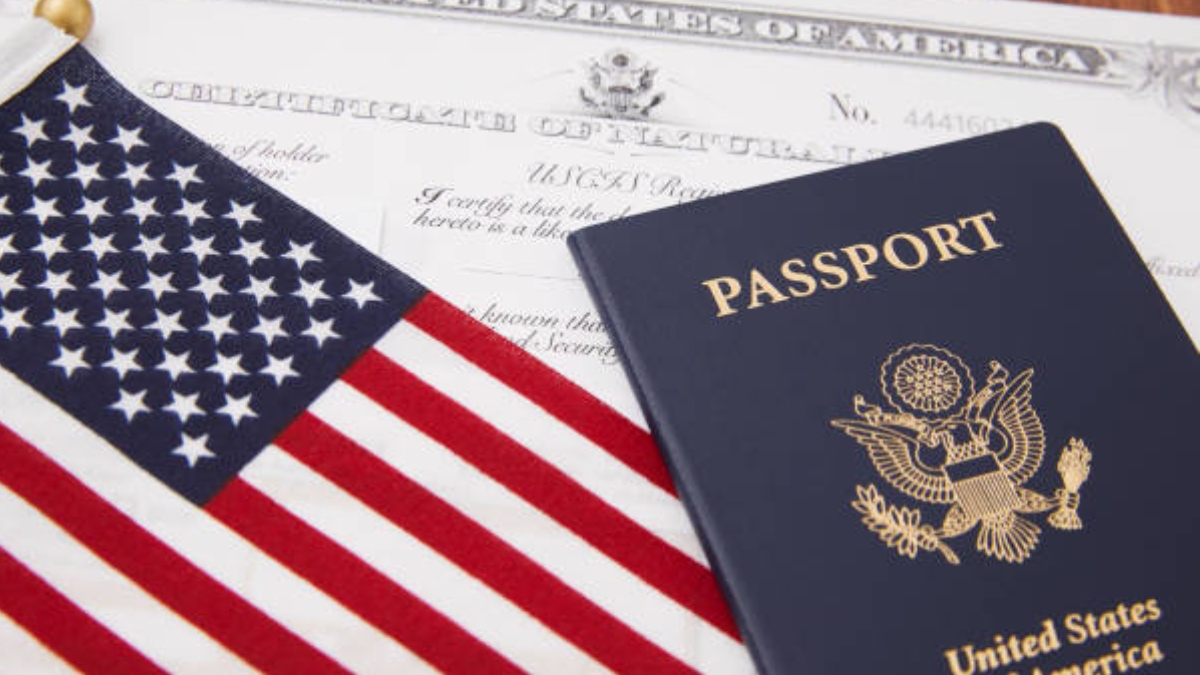Introduction: Rising Concerns at U.S. Borders
In recent months, a growing number of international travelers have reported distressing encounters at U.S. borders. Stories of people being denied entry, detained for hours, or even deported without clear explanations have gone viral across social media platforms. These U.S. border incidents are reshaping global perceptions of traveling to the United States.
For tourists, students, and even business travelers, what was once a dream destination is now a source of anxiety and second-guessing.
Real-Life Cases of Border Denials and Detentions
From Nigerian tech entrepreneurs being sent back at JFK to Indian students held for questioning for over 12 hours, the cases are widespread and often shrouded in silence due to the lack of transparency by border agents.
Some common patterns include:
- Travelers with valid visas denied entry and returned home without explanation.
- Permanent residents detained over minor issues or paperwork technicalities.
- Social media screening causing delays or denials due to past posts or affiliations.
In many cases, these travelers face visa cancellation on the spot, effectively barring them from returning for years.
Why Is This Happening?
The spike in these incidents may be attributed to a mix of:
- Tighter immigration enforcement policies, even under administrations perceived to be lenient.
- Increased use of AI and algorithmic screening by Customs and Border Protection (CBP).
- Heightened national security protocols after rising concerns around global threats.
- Subjective discretion by border agents, often lacking external oversight.
Unfortunately, many travelers do not realize that holding a U.S. visa does not guarantee entry.
Countries Most Affected
While travelers from all over the world have reported problems, there’s a growing concern from regions such as:
- Nigeria and other West African countries
- India and Pakistan
- Latin American nations
- Middle East countries
Citizens from these regions are often flagged for secondary inspection, and many face additional questioning or scrutiny regarding their purpose of travel.
How It’s Changing Travel Behavior
These incidents are leading to a noticeable shift:
- Cancellation of travel plans to the U.S., especially among young professionals and students.
- Diversion to alternative countries like Canada, the UK, and Australia.
- Increased demand for legal advice and visa consultation before travel.
- Reluctance to transit through U.S. airports, even on international layovers.
For many, it’s no longer worth the emotional and financial risk.
What You Can Do to Avoid Trouble at the U.S. Border
To protect yourself, consider the following best practices:
- Be honest and consistent in all visa and border interviews.
- Avoid carrying documents or messages that could be misinterpreted.
- Clean up your social media of controversial or political content.
- Have a clear itinerary, hotel reservations, and proof of return.
- Consult an immigration lawyer if you’ve previously overstayed or been denied entry.
It’s also wise to avoid one-way tickets, which can raise red flags.
Advocacy and the Call for Reform
Civil rights organizations and immigration attorneys are calling for:
- Greater transparency in border procedures
- Oversight of CBP practices
- Clear appeal channels for travelers wrongly denied entry
The U.S. has long been a beacon for opportunity, but if the border experience feels unjust or arbitrary, its global reputation may suffer long-term damage.
Final Thoughts: Travel with Caution, Travel Informed
While the United States still welcomes millions of travelers annually, the increase in border incidents is an urgent wake-up call. For would-be visitors, being informed, prepared, and cautious is now essential.
If you’re planning a trip to the U.S., take all the necessary steps to reduce your risk—because one unfortunate incident at the border could affect your ability to travel for years to come.






